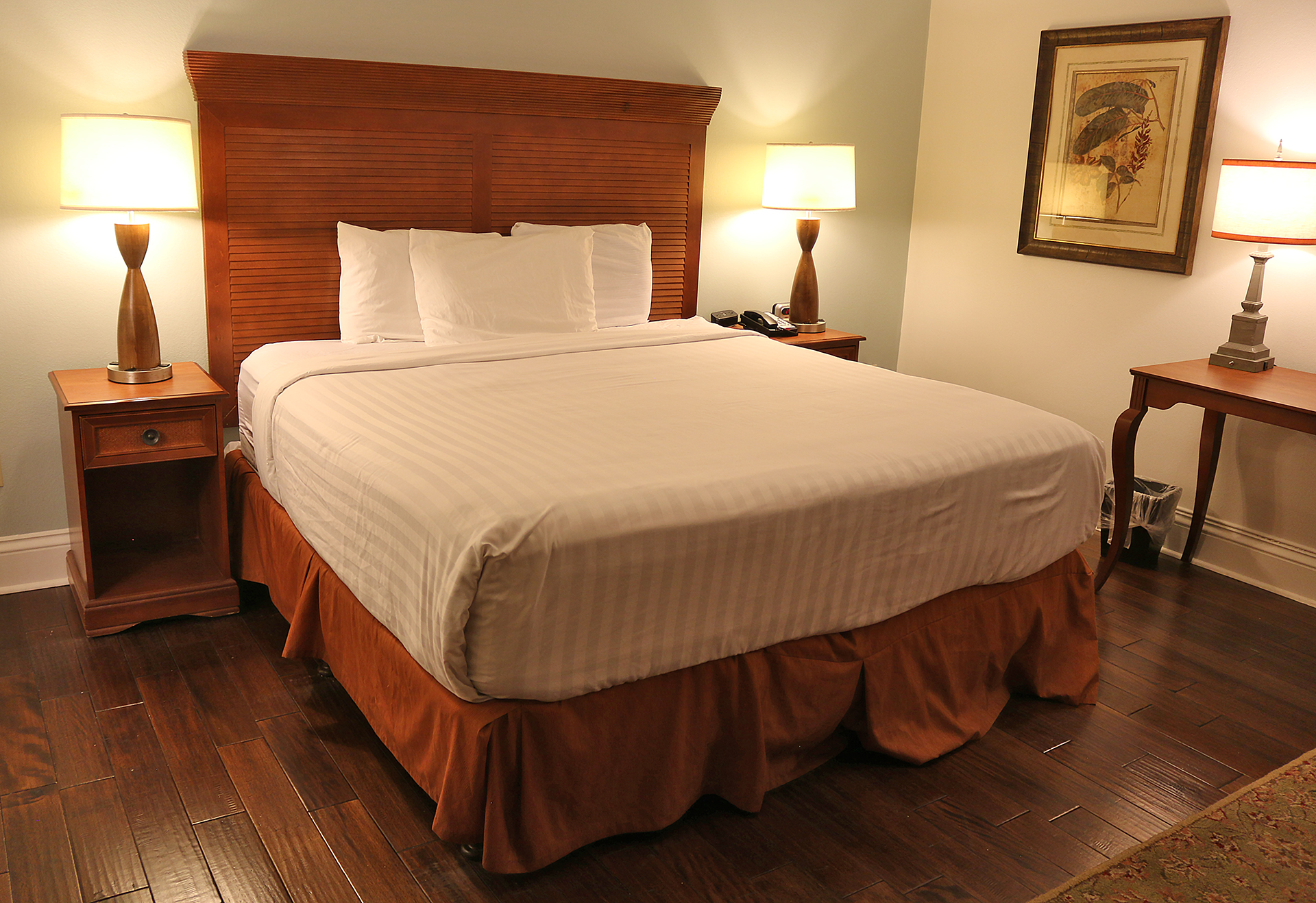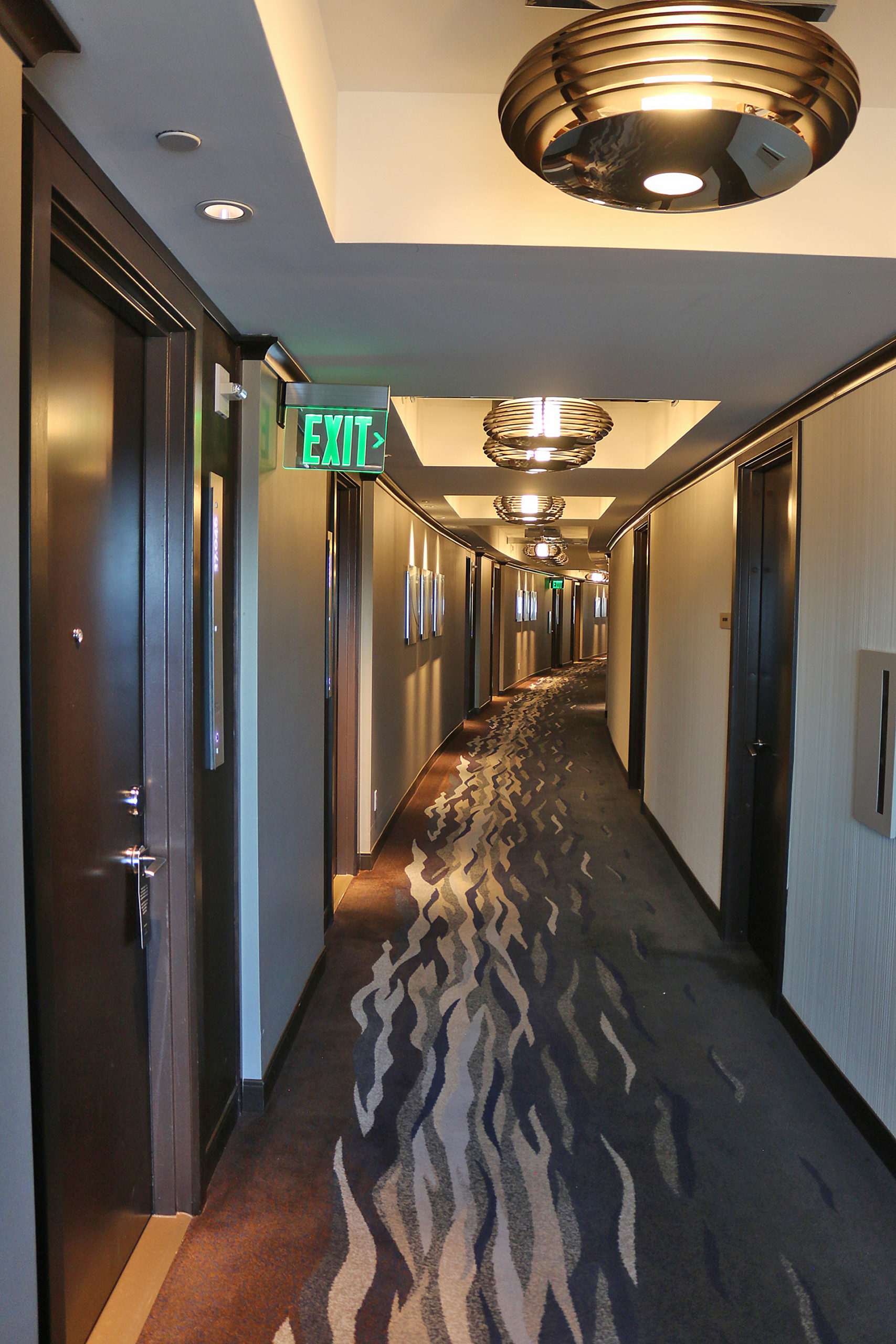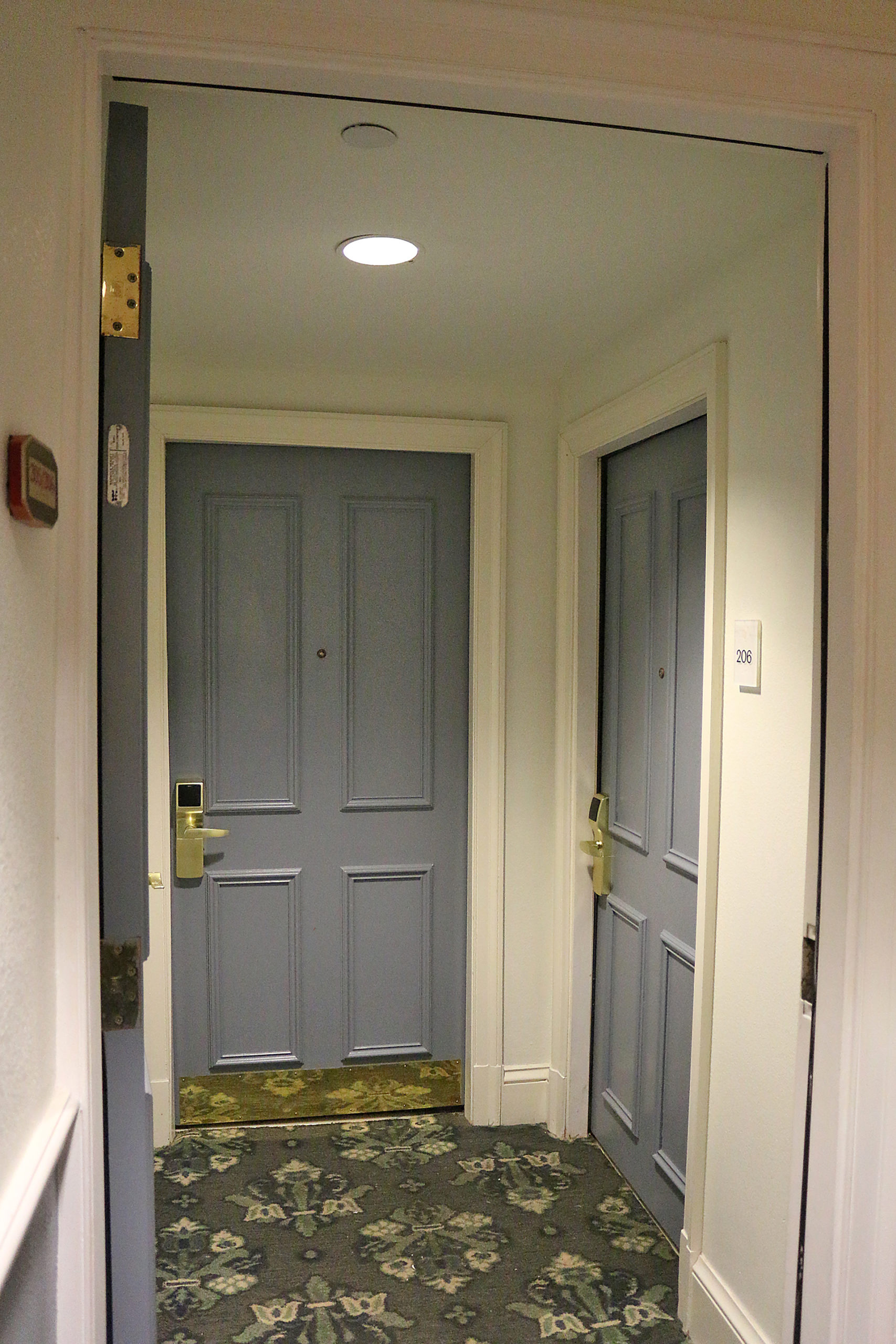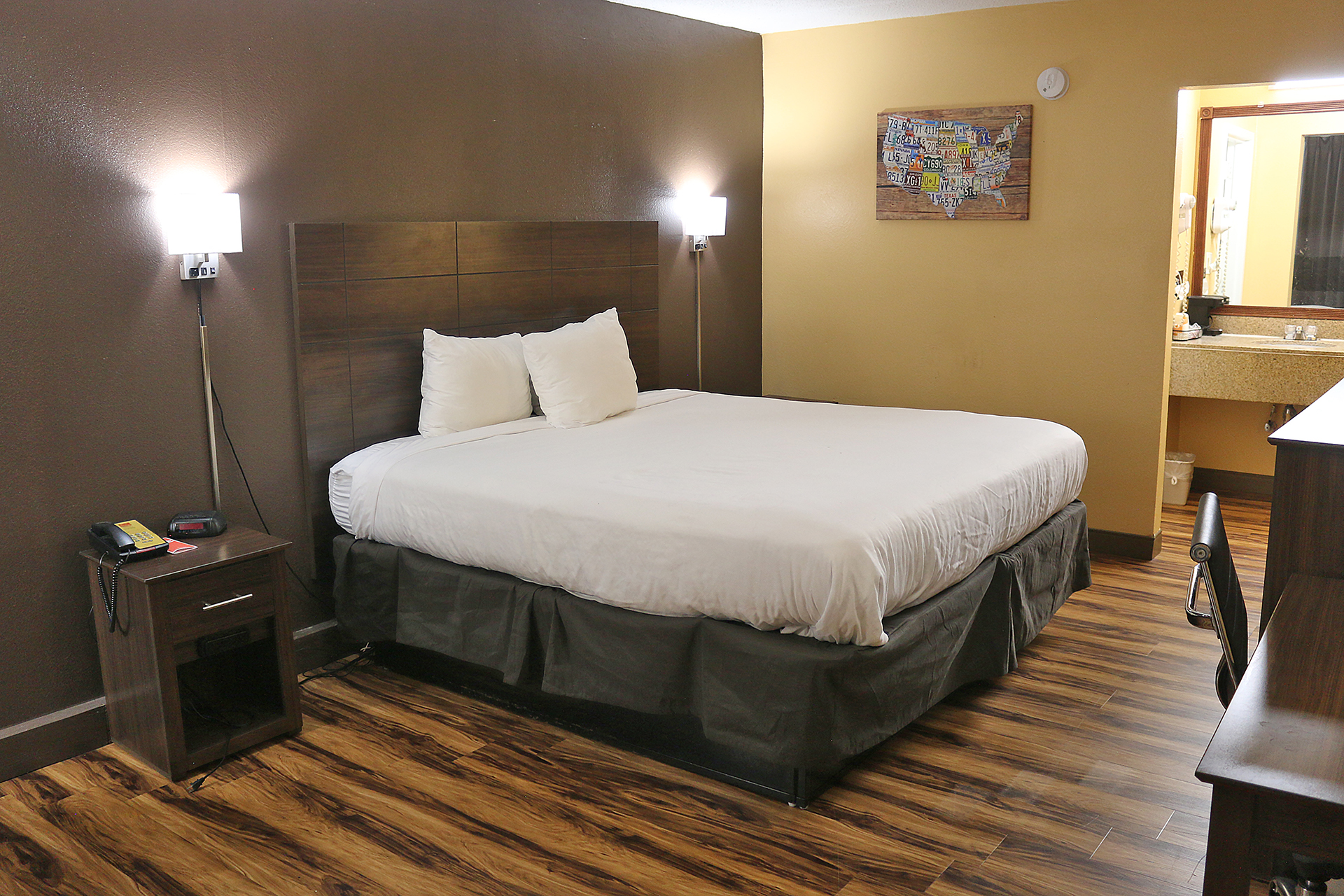In response to an initiative by a local union which garnered approximately 126,000 signatures, members of the City Council of Los Angeles unanimously voted on Friday, August 5, 2022 to ensure that a proposal — which will require hotel and motel properties in the city to use vacant rooms to house homeless people — will be on the ballot in March of 2024.
Should Hotels Be Forced to House Homeless People?

If the proposal becomes law, management of hotel and motel properties would be required to notify the city of what rooms are still available by 2:00 every afternoon. The establishments would then be required to take in a homeless individual in exchange for a voucher at “fair market” rate from the city — meaning that homeless people would be accommodated alongside paying guests of hotel and motel properties.
How those vouchers will be funded — as well as exactly who will ultimately fund those vouchers — has not been specified or defined at the time this article was written.
Under the proposal — which is officially known as the Los Angeles Responsible Hotel Ordinance — is the following explanation for its scope and purpose:
The City of Los Angeles has seen a massive increase in new hotel development in recent years at the same time as the number of people experiencing homelessness has skyrocketed and the City’s affordable-housing crisis has grown. Hotels are frequently proposed for land that is equally suitable for housing development and thus crowd out sites that could be used to help alleviate the City’s need for affordable housing.
Also — according to the aforementioned proposed ordinance — “The Los Angeles Responsible Hotel Ordinance will help ensure that new hotels do not contribute to the City’s lack of affordable housing, burden the City’s social services, or result in undue transportation and traffic impacts. New and already existing hotels will be required to adhere to responsible business practices, including making guest rooms available to unhoused Angelenos on a non-discriminatory basis, and be subject to City oversight.”
UNITE HERE Local 11 is the union which represents greater than 32,000 workers in hotels, restaurants, airports, sports arenas, and convention centers throughout Southern California and Arizona — and is in favor of the proposal, which is designed to help get people off of the streets and into a comfortable room.

Some owners and operators of hotel and motel properties vehemently oppose the measure, claiming that the city will not offer wraparound services for homeless people in their establishments. They also argued that the deadline of 2:00 in the afternoon is unreasonable because of customers who walk into their properties wanting to reserve a room at the last minute — as well as implementing changes in room assignments.
The ordinance would also keep the city from approving the building of any hotel or motel property until the housing needs of its citizens were met.
Los Angeles is the sixth-largest hotel market in the United States, with greater than 1,000 hotel and motel properties which are comprised of almost 99,000 rooms…
…but Heather Rozman — who is the executive director of the Hotel Association of Los Angeles, which released this official statement — reportedly told the City Council of Los Angeles that organizers of large conferences have heard about the housing initiative and are already considering other cities.
Project Roomkey: Success — or Disaster?
The initiative comes as Project Roomkey — which was a program in California that was funded by the federal government of the United States and paid owners of hotel and motel properties to place homeless people in their establishments as a way to help prevent the spread of the 2019 Novel Coronavirus — winds down; but unlike the Los Angeles Responsible Hotel Ordinance, Project Roomkey was a voluntary initiative for owners of hotel and motel properties.
The program housed approximately 10,000 homeless people since it was first established in March of 2020 — which helped lower the substantial rates of vacancy during the peak of the current 2019 Novel Coronavirus pandemic and therefore also initially helped owners and operators of hotel and motel properties. However, 49 deaths at hotel and motel properties in the Los Angeles area were recorded among guests who participated in Project Roomkey by Thursday, July 1, 2021, whose total included eight at just one hotel property, according to this article which was published at The Real Deal.
Moreover, owners and operators of hotel and motel properties claimed that they had sustained more damage to their properties under Project Roomkey — which added significant costs to their financial bottom lines.
Three Types of Homelessness in the United States
According to the National Coalition For The Homeless — which is a is a national network of people who seek to end and prevent homelessness while ensuring the immediate needs of those experiencing homelessness are met and their civil rights are respected and protected — three types of homelessness in the United States can be defined as follows:
- Chronic Homelessness — Persons most like the stereotyped profile of the “skid-row” homeless, who are likely to be entrenched in the shelter system and for whom shelters are more like long-term housing rather than an emergency arrangement. These individuals are likely to be older, and consist of the “hard-core unemployed”, often suffering from disabilities and substance abuse problems. Yet such persons represent a far smaller proportion of the population compared to the transitionally homeless.
- Transitional Homelessness — Transitionally homeless individuals generally enter the shelter system for only one stay and for a short period. Such persons are likely to be younger, are probably recent members of the precariously housed population and have become homeless because of some catastrophic event, and have been forced to spend a short time in a homeless shelter before making a transition into more stable housing. Over time, transitionally homeless individuals will account for the majority of persons experiencing homelessness given their higher rate of turnover.
- Episodic Homelessness — Those who frequently shuttle in and out of homelessness are known as episodically homeless. They are most likely to be young, but unlike those in transitional homelessness, episodically homeless individuals often are chronically unemployed and experience medical, mental health, and substance abuse problems.
Other articles at The Gate which deal with the issue of homelessness include:
- Homeless Population Increases Significantly at Atlanta Airport
- Hilton HHonors Cause Intended to Help the Homeless
Final Boarding Call

Although I would like to see homelessness end — every person should be able to have access to a reasonably clean and comfortable place to live — I am not sure this proposal is the right way to proceed.
Rooms at hotel and motel properties which would otherwise remain empty for the night if not sold to paying guests initially seems like a viable way to temporarily reduce the number of homeless people on the streets in general — but a plethora of other problems and issues may surface as a result. For example, will the insurance policies of hotel and motel properties increase significantly as a result? Could the city of Los Angeles lose convention business to other cities as a result?
Automatically stereotyping a homeless person as someone who is considered as part of the dregs of society is wholly unfair in general. Although some homeless people who chronically abuse drugs and alcohol and commit unprovoked violent acts on other people may very well fit that definition, others may have simply run into hard times which were out of their control through no fault of their own — such as losing a home due to an unfair ordinance; or losing supportive members of their families to help them out of their current situation; or experiencing a lack of affordable housing options. Any one of us could potentially be homeless — even if only temporarily — if the conditions are right…
…but weeding out the proverbial “chaff from the wheat” — so to speak — could be considered a discriminatory act, as not allowing certain homeless people to participate in this proposal if it becomes law would be unfair.
Then again, would assigning a room to a paying guest next to a room which houses a homeless person for the night be fair? Would you be okay with spending the night in a room next to a room which is housing a homeless person under a government program?
What about people who are homeless who might unfairly take advantage of this proposal by staying in hotel and motel properties night after night free of charge — with no end in sight — instead of picking themselves up and finding a place to live on their own?
Also, members of frequent guest loyalty programs who have earned elite status can likely forget about checking in early as a side effect if this proposal is passed.
What are your thoughts about this proposal? Could it potentially be effective in helping people who are homeless — or might it create more problems and issues than it addresses?
All photographs ©2022 by Brian Cohen.
